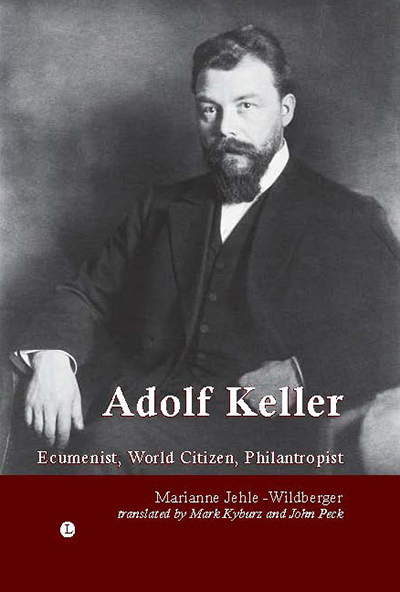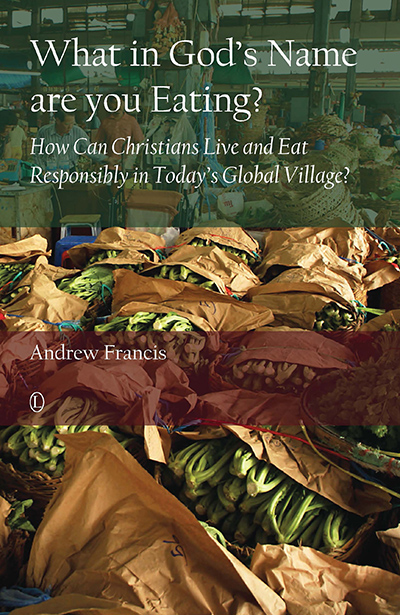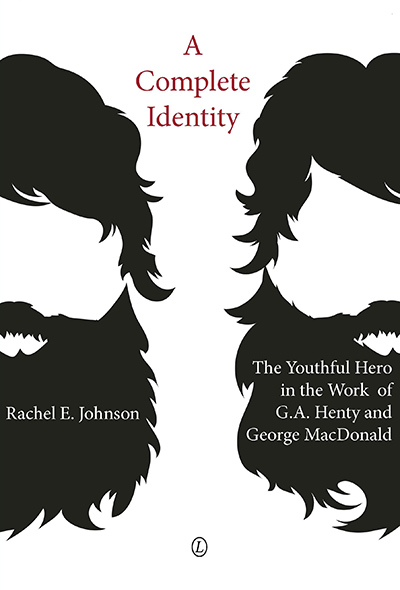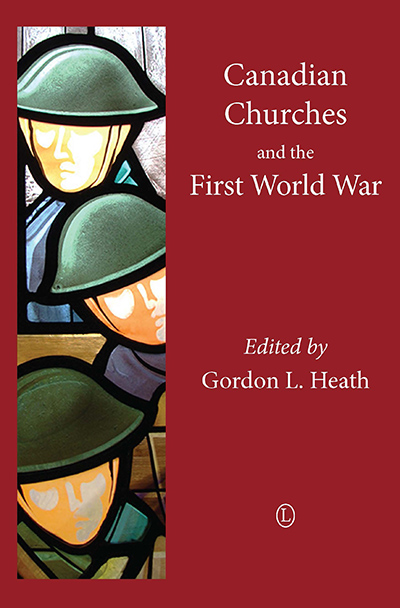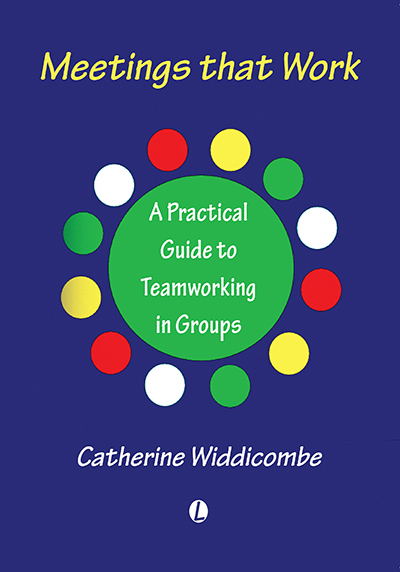Description
The Swiss theologian Adolf Keller (1872-1963) was the leading ecumenist on the European continent between the two world wars. In this book the historian Marianne Jehle-Wildberger delineates the achievements of his life. Based on research in forty archives in Europe and the United States, a picture emerges that shows a remarkable man who was a personal friend of Karl Barth, Carl Jung, Thomas Mann, and Albert Schweitzer – and thus who was influenced by the spiritual tendencies of the twentieth century. Keller cooperated closely with the National Council of Churches and his Central Bureau of Relief in Geneva (Inter-Church Aid) was supported by American churches. His lectures at Princeton Theological Seminary on ‘Religion and Revolution’ (1933) – in which he was one of the first commentators to denounce National Socialism in Germany – set a new standard of political discussion and are unsurpassed.
Translated into English by Mark Kyburz and John Peck, Marianne Jehle-Wildbergers’s book is an important contribution to twentieth-century church history and to the history of the twentieth century in general.
About the Author
Marianne Jehle-Wildberger is a renowned Swiss historian. She has written many books and articles on the Reformation, Pietism, and modern church history. She is a specialist on the period of National Socialism and the ‘church struggle’, or Kirchenkampf, in Germany and taught history at the College of Sargans.
Contents
Introduction
Abbreviations
1. From Village Boy to Pastor
2. Entering Ecumenism: Peacebuilding and Bridging Europe and America
3. The Ecumenical Movement: Life and Work and the Central Bureau for Relief
4. Crisis and a New Beginning at Life and Work, and from the Central Bureau to Inter-Church Aid
5. Opposing National Socialism, Supporting German Refugees
6. World War II and the Postwar Period
Conclusion: The Significance of Adolf Keller
Chronology
List of Persons
Bibliography
Index of Names
Index of Groups and Organizations
Endorsements and Reviews
This thoroughly documented, skillfully presented, and readable study provides us with the first biography of Swiss theologian Adolf Keller, one of the most creative and influential figures in the early ecumenical movement of the 1920s and 1930s. This book leads to a deeper appreciation and a fuller understanding of Keller’s immense labors to promote refugee aid during World War II. It is a welcome contribution to ecumenical studies.
Emidio Campi, Former General Secretary of the World Student Christian Federation, Professor Emeritus of Church History at the University of Zurich
This is a modest book, translated sensitively and published by a small press which has shown the courage of its convictions and given us something truly important when most other houses would hardly have bothered. Keller certainly did matter once – and he should matter to us still.
Andrew Chandler, in The Journal of Ecclesiastical History, Vol 67, Issue 3

